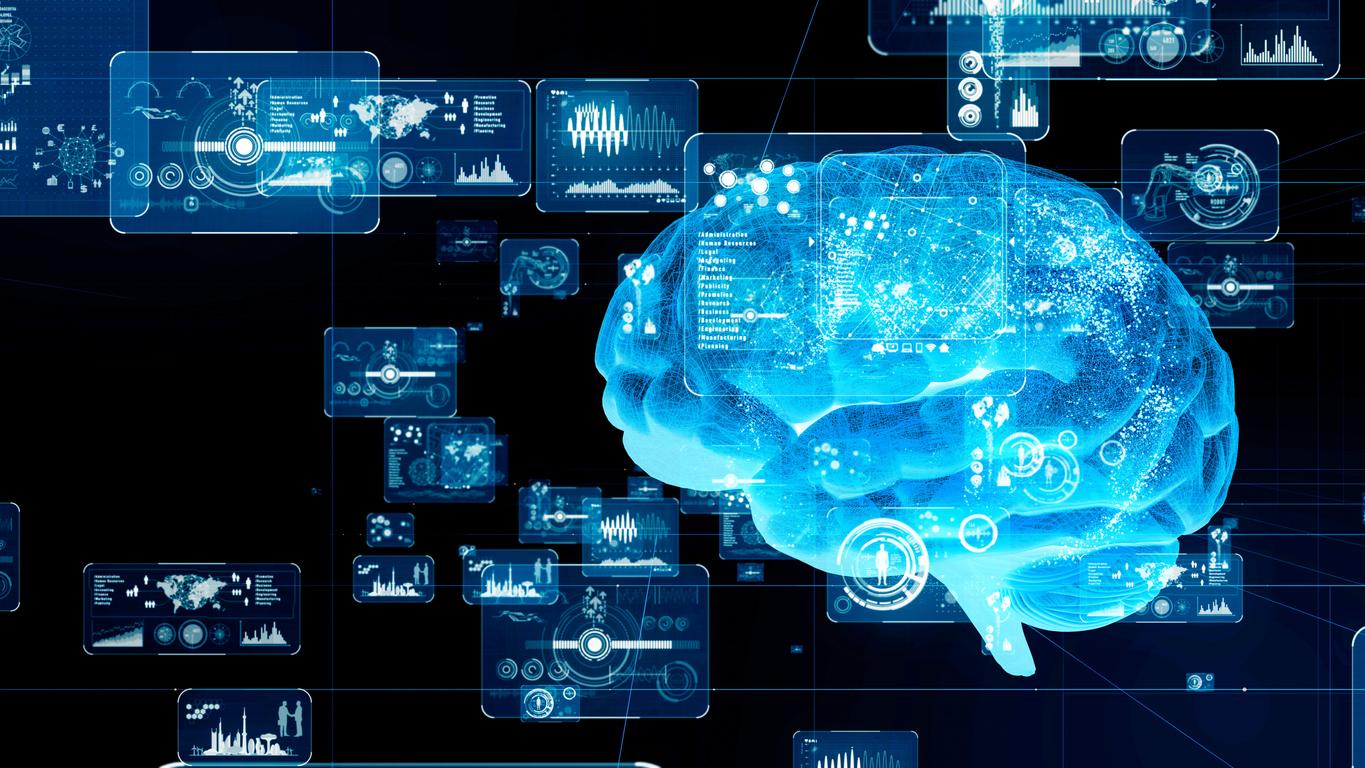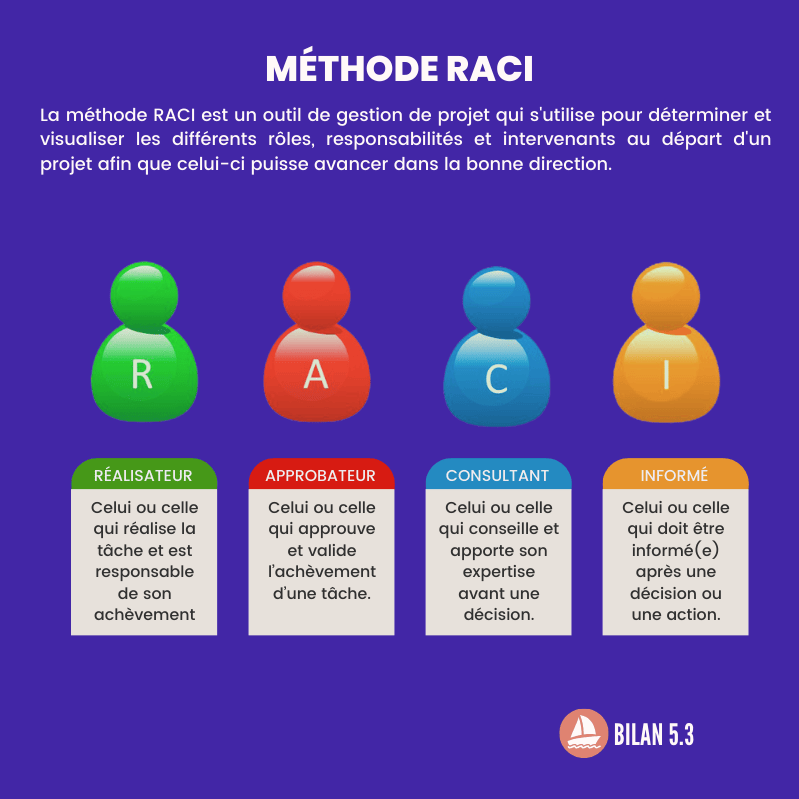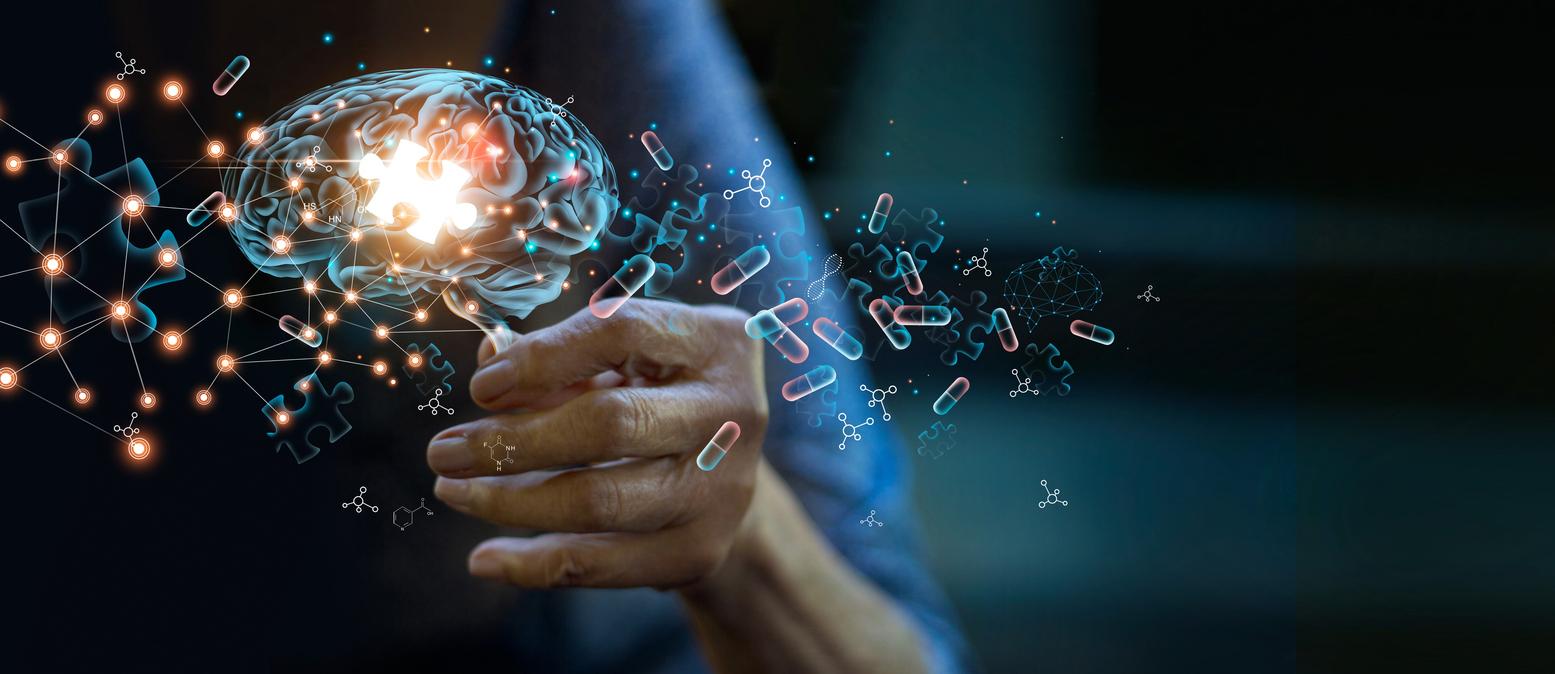A research team has developed an algorithm based on artificial intelligence to measure brain aging and thus better understand the causes of neurodegenerative diseases such as Alzheimer’s.

- The researchers found that age acceleration based on their algorithm, called HistoAge, had stronger associations with cognitive impairment, cerebrovascular disease, and levels of abnormal Alzheimer’s-like degenerative protein aggregation.
- Alzheimer’s disease is the most common form of neurodegenerative disease. In France, more than 900,000 people are affected by Alzheimer’s disease, the majority of them women.
- The algorithm developed could facilitate understanding and research into neurodegenerative diseases.
What if an algorithm could predict the risk of suffering from cognitive degeneration… and thus better fight against it? This is what researchers from Mount Sinai (USA) claim to have developed by using artificial intelligence for the first time to measure the acceleration of age in the brain, in other words the differences between biological age and chronological. Their work was published in the scientific journal Acta Neuropathologica.
Brain: measuring age acceleration with an algorithm
To achieve this end, the researchers examined nearly 700 images of sections of aged human brains, more precisely from the hippocampus region, known to be involved in brain aging and in age-related neurodegenerative diseases – and therefore constituting an ideal region for this experience. The team then developed a machine learning model to estimate a person’s age at death based on imagery alone (a task impossible for a human observer to accurately accomplish), with an accuracy of 5.45 years. The scientists then used the difference between the age predicted by the model and the actual age to establish the magnitude of the age acceleration in the brain. An acceleration which can explain functional decline or changes linked to the passage of time, but also make it possible to identify early changes indicating the appearance of a brain disorder.

AI: better understanding the factors of neurodegeneration
Result: Compared to current measures of accelerated aging (e.g., DNA methylation), the research team found that age acceleration based on their algorithm, called HistoAge, had stronger associations with cognitive disorders, cerebrovascular diseases and levels of abnormal aggregation of Alzheimer-like degenerative proteins. In other words, it is a more reliable measure for determining brain age and understanding the factors that lead to neurodegeneration over time.
“This is the first time that we have succeeded in quantifying the extent of brain aging in pathology. This model opens the way to a multitude of fascinating and essential analyzes which finally bring us closer to understanding brain aging and related brain diseases. to age such as Alzheimer’s disease”says Dr. Marx of Mount Sinai, co-author of the study, in a communicated. According to his colleague Dr Crary, “AI’s influence on brain research represents a paradigm shift that propels us toward the next generation of treatments.”
















